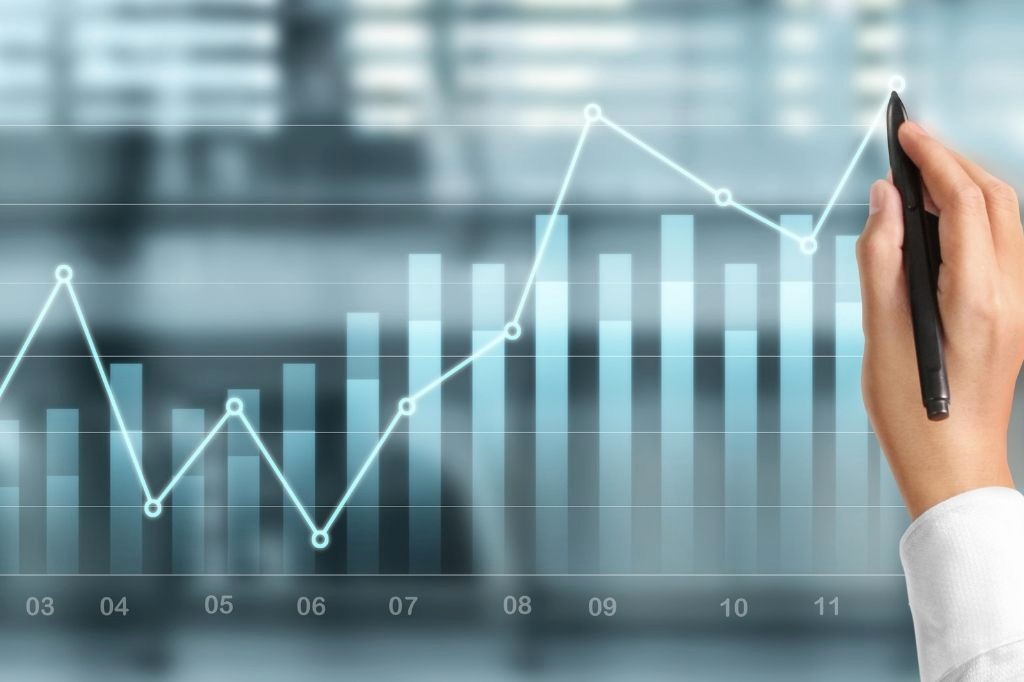If you trade on the foreign exchange market, you may choose from hundreds of online forex brokers. Traders in this industry need to be mindful of the rivalry that exists. Any site that reports on the economy is likely to have a flood of advertisements from foreign exchange brokers. In this piece, we will examine the top five criteria that you should use to choose which broker is ideal for your specific situation.
In Accordance with the Law
The first thing you should do when selecting a forex broker is to investigate their performance history. If you’re looking for a trustworthy forex broker in the United States, look for one that is a member of the National Futures Association (NFA), the self-regulatory organisation for the futures industry. During the 1970s, this group came into being.
A broker’s registration in the NFA or compliance with CFTC requirements are not indicated by the existence of a fancy website. Many brokerage websites may provide their member number in a “About Us” section. Additionally, every country outside of the United States has its own regulating organisation. Accounts should only be opened with registered brokers because of the risks of having funds stolen from an account and dealing with a dishonest broker.
Functions of an Account
Different forex brokers provide a wide variety of account kinds. When evaluating brokers, it’s important to look at their minimum deposit criteria, how simple it is to make a deposit or withdrawal, how much leverage and margin they provide, and how much you can borrow to trade with trade245.
Margin and leverage trading
Depending on their broker, FX market participants may or may not be able to use the margin account leverage at their disposal. To provide an example, a trader with a $1,000 account may use leverage of 50:1 to maintain a position with a $50,000 value. For certain brokers, the highest leverage allowed is 200:1. A trader may utilise leverage to their benefit when they are ahead since it increases their potential profits. A trader’s account might be quickly depleted while using leverage since the danger of losses is also amplified. Be careful if you must use leverage.
Spreads and Commissions are important factors.
The spread is the difference between the buying and selling prices of a currency pair, and a commission-based broker may collect a fee equivalent to a certain percentage of the spread. To make up for the lack of commissions, several commission-free brokers increase their spreads. Find the best bargain by learning how your broker makes money with the metatrader5 brokers.
To illustrate, the spread may be fixed at three pips (where a pip is the lowest unit of price movement that can occur in forex) at all times, or it could fluctuate according to market conditions. It is often more difficult to achieve financial success when the margin for mistake is increased. The EUR/USD and GBP/USD are two of the most traded currency pairs, hence their spreads will be tighter than those of lesser-traded pairs.
Money Put Down At The Start
Small initial deposits, often as low as $50, are typically sufficient to fund most foreign exchange (FX) accounts. Trading foreign exchange, or forex, may be attractive to novice traders and investors in part because of leverage, which increases one’s buying power relative to one’s original investment. Many brokers provide standard, mini, and micro accounts, with the former two requiring lower opening deposits than the latter two.

